“I wasn’t in a frat. I played rugby. I sweated blood. I picked up teeth. This is where I made my best friends,” former Emory rugby captain and 2012 graduate Wes Laney said.
Trekking about a quarter mile past the baseball field along trees and a stream, you will come to what appears to be a pasture in the middle of a forest. It’s actually called Lower Candler Fields. As you walk past a variety of club sport practice sessions – and through swarms of mosquitoes madly hovering around the beams of stadium lights – you’ll find about 25 Emory students sadistically smiling through mouth guards as they chase and tackle one another. One of them might be on the sidelines, impatiently waiting for the bleeding to stop so he can get back in. Since the same players who start a game often finish it, everyone must go 100 percent at practice.
Rugby’s a club sport. It isn’t in the NCAA, although its inclusion in the 2016 Olympics in Rio is likely to lead to that soon. Nonetheless, it’s taken seriously at Emory and is the only club sport that has access to the varsity weight room.
“When it’s raining, we go to Druid Hills High School’s field,” Laney said. “If we have to, we practice in the parking lot.”
“Sport” might not be the best word to describe rugby. It’s probably better defined as a brotherhood. After every game, the winning and losing teams join together to sing rugby songs, commonly known as “drinking songs,” and immediately forget all hard feelings from the game.
“As soon as the game’s over, you’re like ‘dude, you knocked the hell out of me. Look how nice this bruise is,'” Laney said. After a thorough full field cleanup, the teams head over to Maggie’s Neighborhood Bar and Grill.
Saturday, Sept. 28 marks one of Emory rugby’s favorite events: the alumni game. Around 30 alums, ranging from age 23 to 50, generally show up, play Emory’s current team and, at least in the past decade, beat them. Steve Copacino, (’12C), who was captain and president of Emory’s team two years ago, is flying in from Boston for the game. “It’s a really cool event because there’s camaraderie between guys who played two years ago and 20 years ago,” he said. Emory rugby jackets, jerseys and t-shirts will be sold, with the proceeds going to the team.
The regular rugby season occurs in the spring, when the better-known fifteen-on-fifteen, 40-minute-halved version of rugby is played. In the fall, the seven-on-seven, seven-minute-halved version of the game, known simply as “sevens,” is played.
Sevens is played with slightly different strategies than fifteens. First, while both versions of rugby favor quickness over brute strength, the importance of speed increases logarithmically in sevens. “Fifteens is a territory game. You’re fine playing defense. Sevens is all about possession, even if you’re running back,” Emory Forwards Coach Ross Hilton said.
Less conventional plays such as behind-the-back passes are not uncommon in sevens rugby. And because it’s such fast-paced variation of the sport, a final try – the equivalent of a touchdown in American football – can easily mean the game.
Enter Emory junior Jeff Joseph. Jeff stands out at rugby practice. He’s shorter, one of only two African American players on the team and built like a shot putter. He was a four-year varsity running back on the football team at St. Luke’s School in New Canaan, Conn. However, he hasn’t played a sport competitively since high school, nor had he played rugby before this fall.
“Jeff runs unbelievably hard. I think about how and where I’ll end up. He just runs and keeps going,” Emory Rugby Captain and President Henry Yelin said. Emory’s strategy is to put Jeff in sevens games with two or three minutes left, get the ball to him and hope he runs through the other team.
Emory had planned to play in a round robin tournament against seven other schools in the Georgia Dome after the Georgia State/Jacksonville State (Ala.) football game tomorrow. This tournament was meant to serve as a practice for a national qualifying tournament in October, with competition ranging from division three teams to the nationally-ranked Division I Life University team. A number of the schools hoping to compete failed to sell their quota of 50 tickets, resulting in the cancellation of the Georgia Dome tournament, Executive Director of Georgia State Rugby and organizer of the event Drew Crosby said. Emory Rugby is attempting to get the tournament moved to Lower Candler Fields, but there’s an ultimate frisbee tournament the same day.
“It’s supposed to rain, and if it does, they won’t play, but we will,” former Emory rugby player and 2012 graduate T.J. Laney said.
The players on Emory’s rugby team are undersized in relation to many of their competitors. “Our forward pack is at least two to 500 pounds less than the other team’s,” Laney said. “When we play [Georgia] Tech, it’s all the boys who didn’t make the football team.”
What it lacks in size, however, Emory’s team makes up for in quickness, teamwork, and grit. The brotherhood that is Emory Rugby isn’t exclusive. It’s open to anyone who will consistently come and work hard and, according to Yelin, especially anyone who complains about not having a football team at Emory.
“The togetherness that forms is unparalleled to anything I’ve ever seen,” Copacino said.
– By Zak Hudak
Photo courtesy of Emory Rugby
Former Editor-in-Chief | Zak Hudak is from Pittsburgh, Pa. and majored in Classics and Philosophy. He attended The Hill School, a boarding school outside of Philadelphia, where he earned varsity letters in track and baseball and was the Sports Editor and then Editor in Chief of The Hill News. While at Hill, Zak was mentored by former Washington Post Editor and Copy Chief of two Pulitzer Prize winning teams, Tony Reid. Zak Joined the Wheel's Editorial Board his freshman year as Asst. Sports Editor.

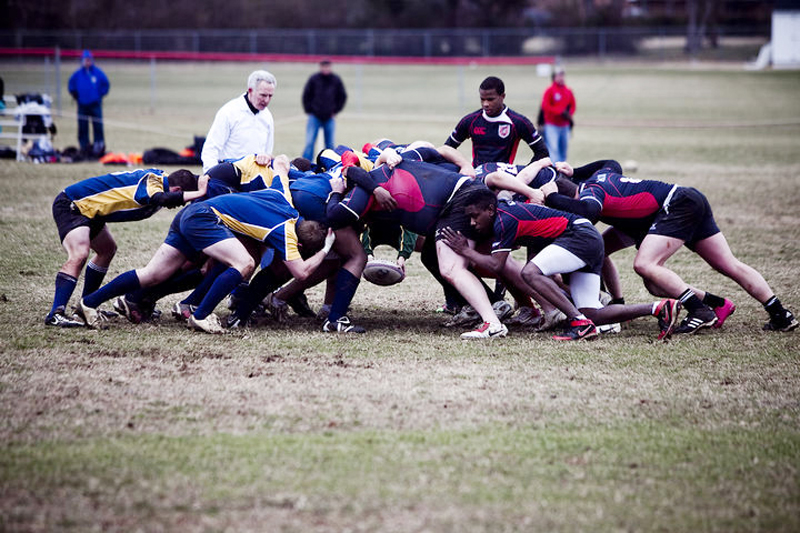
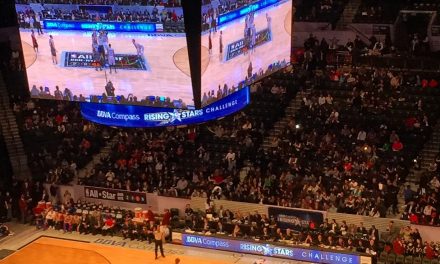
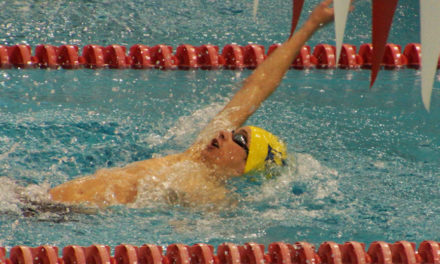
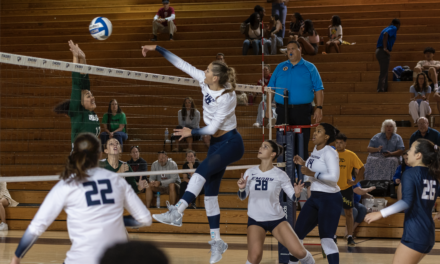
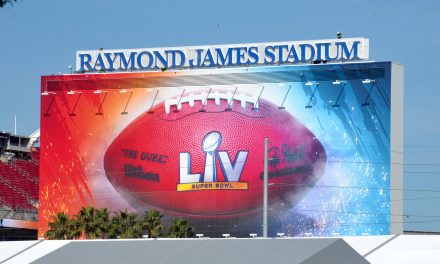

As an Emory alumnus and current coach at GT, we do not have any “boys who didn’t make the football team.” If only we did.
I seychyas in this project earn 20 dollars a day.
After registration strategy will send earnings.
You can also advertise your project more than 2,417,238 members.
ojooo.2bj.ru
Do you think that provide financial assistance to other people – it’s good ?
2gy.ru